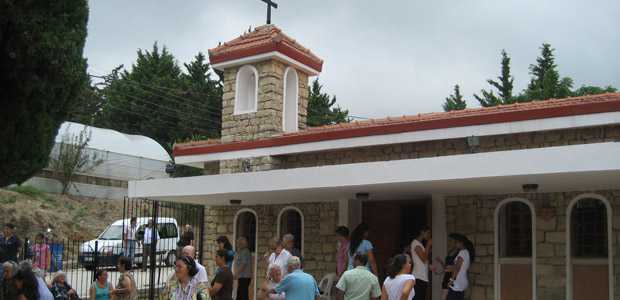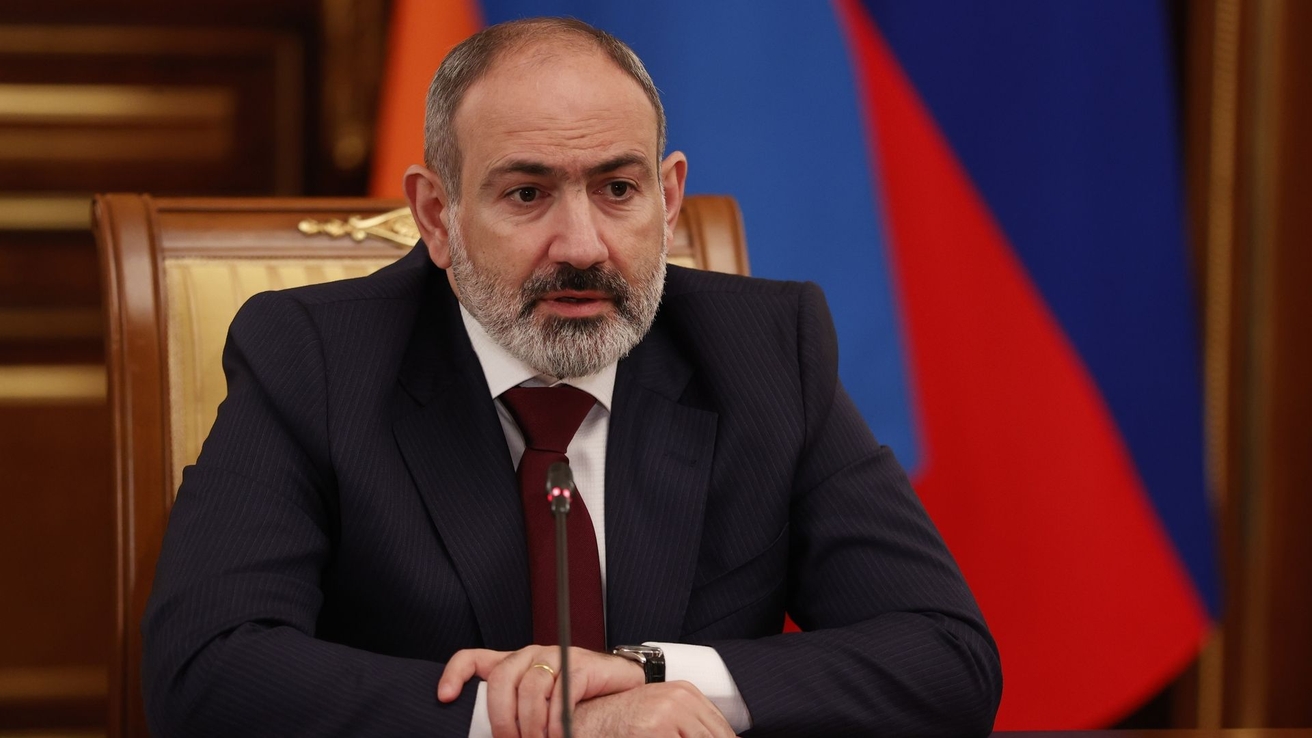Prime Minister Nikol Pashinyan’s office surprisingly announced that he was going on a long vacation from July 15 to August 12. More shockingly, several other officials of Armenia had decided to go on vacation at the same time, leaving the country without its top leadership.
I would have had no concern if Pashinyan had gone on a one or even two-week long vacation. Everyone needs a break from time to time. But, the top leader of the country going on vacation for almost a month is incredible. I have not heard of the leader of any country in the world having gone on a 29-day vacation.
Besides the astonishing length of the absence of the Prime Minister from office, I have three other concerns:
1) There seems to be no basic understanding that several of the country’s leaders cannot be absent from office at the same time. What if, God forbid, would a war break out or some other serious emergency occur? Normally, when the leader of any country is temporarily absent, his deputy performs his functions — not in Armenia. Several members of the Armenia media reported that the Deputy Prime Minister Mher Grigoryan, who is supposed to replace the Prime Minister during his absence, has also gone on vacation for nine days during the same period. Fortunately, there is a second Deputy Prime Minister who will fulfill the duties of Prime Minister. Furthermore, the Speaker of the Parliament, Alen Simonyan, decided to go on vacation for 20 days from July 16 to August 5. He will be replaced by Deputy Speaker Ruben Rubinyan (July 16-22) and Deputy Speaker Hakob Arshakyan (July 23-August 5). Also on vacation are Finance Minister Vahe Hovhannisyan (for 10 days) and Foreign Minister Ararat Mirzoyan (until July 22).
2) If the leaders of Switzerland were to be absent from their offices for days, weeks or even months, nothing untoward would happen, since the country is located in a peaceful part of the world. Regrettably, Armenia is located in a precarious region with constant threats from Azerbaijan. Armenia’s leaders have to be constantly on alert and work diligently to solve its myriad problems. Under these circumstances, their going on lengthy and simultaneous vacations is reckless and irresponsible.
3) Finally, Pashinyan announced last month that Armenia is ready to sign a peace treaty with Azerbaijan in one month. Why would he then turn around and go on vacation for a month? Shouldn’t he be in his office, if, by a miracle, Pres. Aliyev agreed to sign such a treaty which I believe is not only useless, but also contrary to Armenia’s interests? Aliyev is cleverly stringing along the signing of a peace treaty to extort endless concessions from Armenia!
Even though the leadership’s wholesale absence entails a major risk for the country, many Armenians are not too concerned. On the contrary, they are happy that the leaders are away from office so they can do less damage to the country’s interests. Some members of the public are hoping that these leaders would remain on permanent vacation and not return to their positions.
Some of the readers feel that I am too critical of Pashinyan. While it is true that no one is perfect, starting from me, the Prime Minister goes to extensive lengths to make egregious errors and baseless statements which would have been laughable, if they did not have such serious consequences. Hundreds of such examples come to mind. Let us just mention the latest example when the Prime Minister along with his wife attended the UEFA’s Soccer championship game on July 14 in Berlin.
Pashinyan, obsessed with social media, regularly posts on Facebook, TikTok, Instagram, Twitter (X), and YouTube, all of his speeches, meetings, and visits. Unlike other world leaders, he walks around with one or two cell phones in his hand.
During the soccer match in Berlin, he placed his cell phone in front of him and videotaped, not the match, but his own face, adding a bizarre song to the video by a 31-year-old female American singer known as Tinashe. Wikipedia described the song titled, “Nasty,” as “an understated R&B and rhythmic pop song on which Tinashe ‘rap-sings’ about searching for someone to match her sexual energy, which she alternately calls her ‘freak’ and her ‘nasty’, while also using several double entendres. The song has a ‘robotic’ hook and, in its second verse, she details a sexually charged date night, singing ‘Shotgun, my thighs on the seat, I ain’t got nothin’ underneath, Looks like you’re ’bout to spend the night, Looks like, I’m ’bout to change your life.’”
Why would the Prime Minister of Armenia add such an inappropriate song to his video that has “Nasty” lyrics, with the word “nasty’ repeated 59 times in the song?
Surprisingly, Pashinyan’s video along with the song, “Nasty,” was reported by TV channel 5 in Los Angeles. The headline of the segment on TV was: “Pashinyan & wife in Berlin at Euro Soccer Finals, Listening to ‘Nasty’ Song.” The TV channel asked: “What do the 2024 European Championship final, Tinashe and Armenian Prime Minister Nikol Pashinyan have in common?” My answer: Absolutely nothing!
Channel 5 reported that Pashinyan posted on TikTok a second video showing the victory celebration at the end of the soccer match, once again adding the song “Nasty.” The TV channel stated: “It is not known why he chose the one-time Crescenta Valley High School student’s song as the background music for the two videos. It is also not known how exactly he found the song in the first place.”
It is almost impossible to explain the Prime Minister’s actions and motives. Maybe, he is looking for a Hollywood gig after he is no longer Prime Minister.




